'Practice without Limits': How Students of Middle Eastern Studies at HSE University-St Petersburg Gain Their First Professional Experience
Interpreting at international forums, accompanying delegations, and informal communication with native speakers—students of the Department of Middle Eastern and African Studies at the Institute of Asian and African Studies (HSE University-St Petersburg) gain experience starting from the first year of bachelor's studies. What is the system of volunteer practice like and what opportunities does it open up for future specialists in international affairs? Read on to find out more.
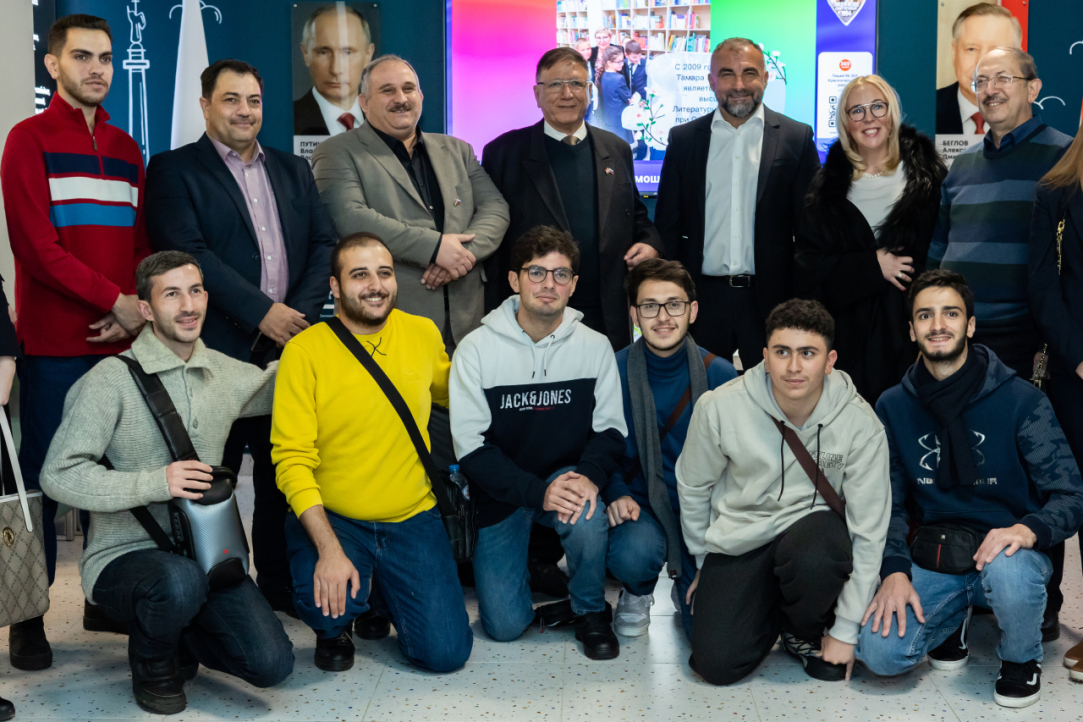
Students of the Department of Middle Eastern and African Studies at HSE University-St Petersburg actively work as volunteer interpreters at major international events. This allows them to put into practice their knowledge of Arabic, the official language of 24 countries worldwide. The senior students, who have undertaken internships, accompany delegations from countries in the Middle East and North Africa.
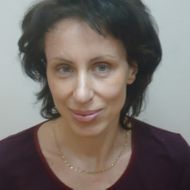
Milana Iliushina
Head of the Department of Middle Eastern and African Studies, HSE University-St Petersburg
Volunteering at international events is not just an opportunity to practise your language skills. It is a platform for professional development. Students get certificates from the Ministry of Foreign Affairs of the Russian Federation and Roscongress. They also receive recommendation letters from the delegation members, which are important for their future careers.
HSE students have worked at the St Petersburg International United Cultures Forum, the St Petersburg International Economic Forum, the BRICS Cultural Festival, the Russia–Islamic World forum in Kazan, and the Russia–Africa forum in St Petersburg.
‘During my studies at HSE University, I managed to go on internships to Cairo three times. So the choice was obvious when the organisers of the BRICS Cultural Festival invited me to accompany the representatives of either Egypt or the UAE. I feel very confident communicating in the Egyptian dialect,' shared Amira Asalia.
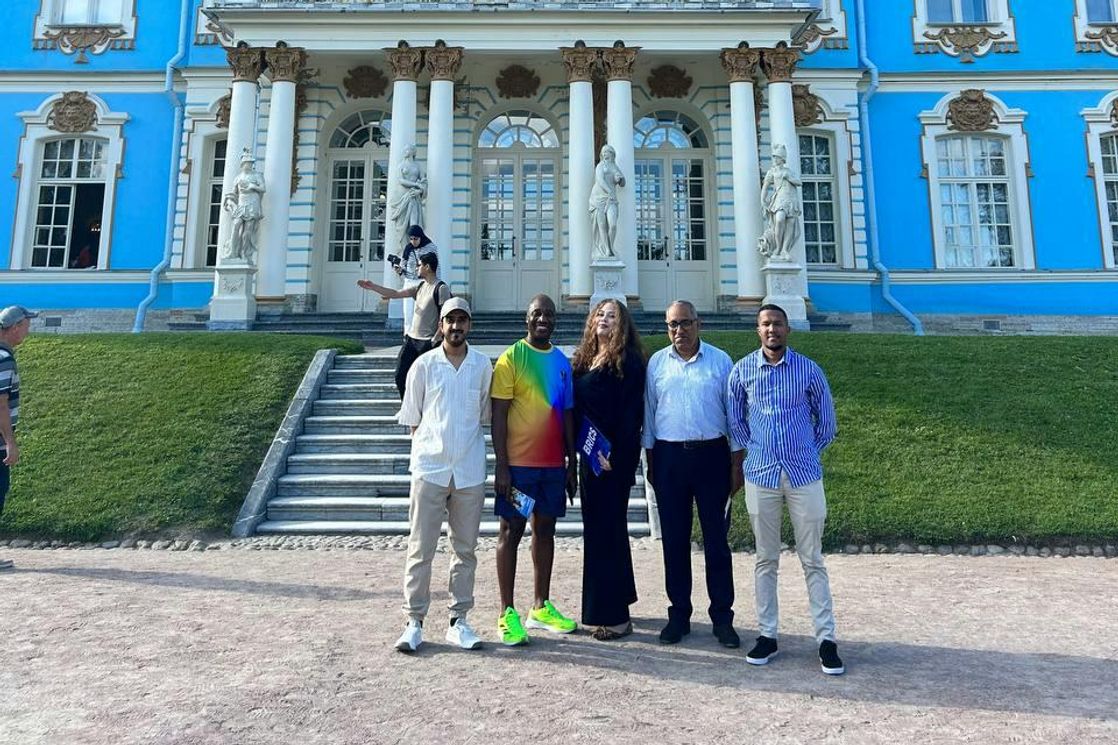
Experience of long-term cooperation proves to be especially valuable. Daria Semenova, student of the Department of Middle Eastern and African Studies, worked at the St Petersburg International Economic Forum and the Russia–Africa forum in St Petersburg, and was later invited to the forum in Kazan. 'I dealt with the accreditation of participants. I practised my English, Arabic and French a lot! It's a wonderful opportunity to communicate with native speakers face-to-face,' she highlighted.
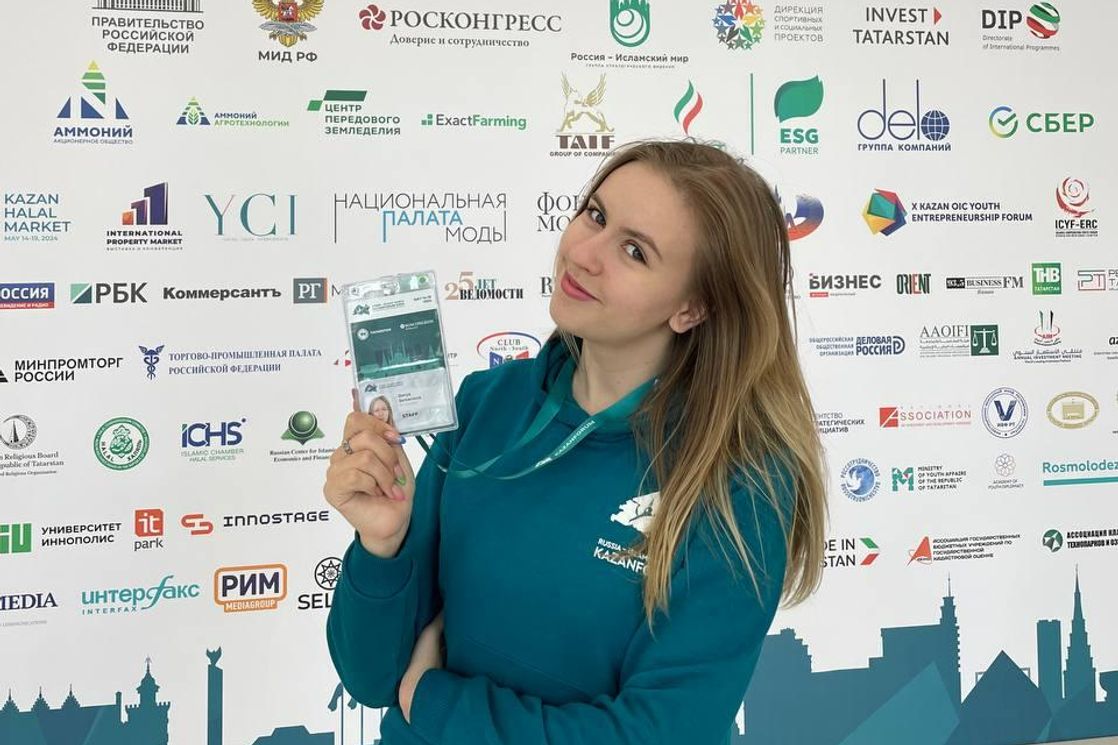
Since 2020, Andrey Vovk has worked with guests from various countries. 'I started with simple errands for the Qatari delegation at the St Petersburg International Economic Forum. When I started working at the Russia–Islamic World forum in Kazan, the Qatari ambassador recognised me, which truly surprised me. At that event, I was appointed as an assistant and interpreter of the delegation for religion and Islamic affairs. We participated in discussions devoted to issues in the spiritual realm,' Andrey said.
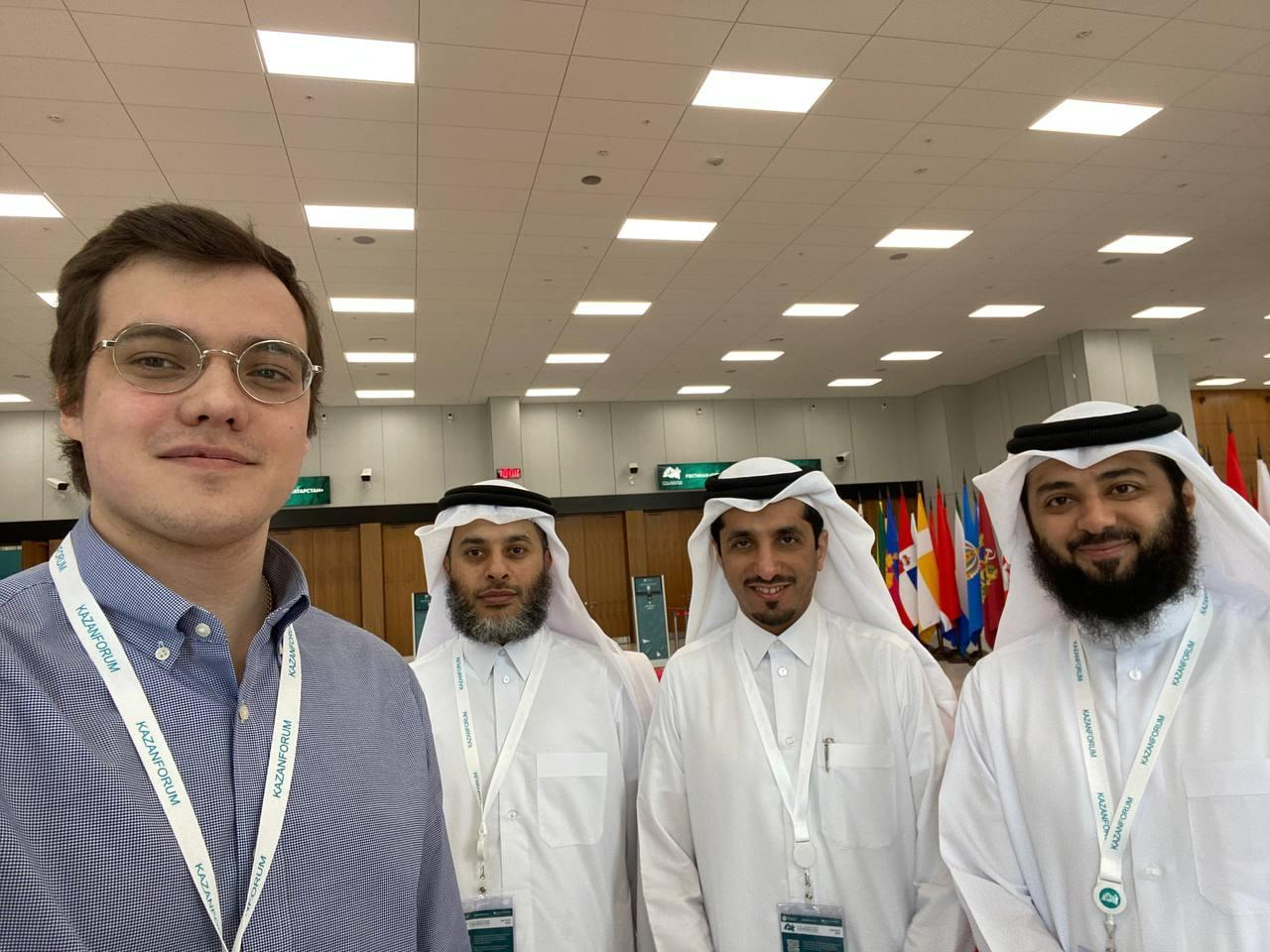
An important platform for the development of the volunteering programme was the 'Professionals' international championship. Alena Lobacheva, a second-year student, worked as a volunteer attache for the first time in a group accompanying the Syrian delegation at the championship. According to Alena, she managed to establish a rapport with the guests. 'The language barrier didn't hinder us at all. It turned out that my level of Arabic in the second year allowed me to hold everyday conversations, and English skills helped in interpreting specialised vocabulary,' she explained.
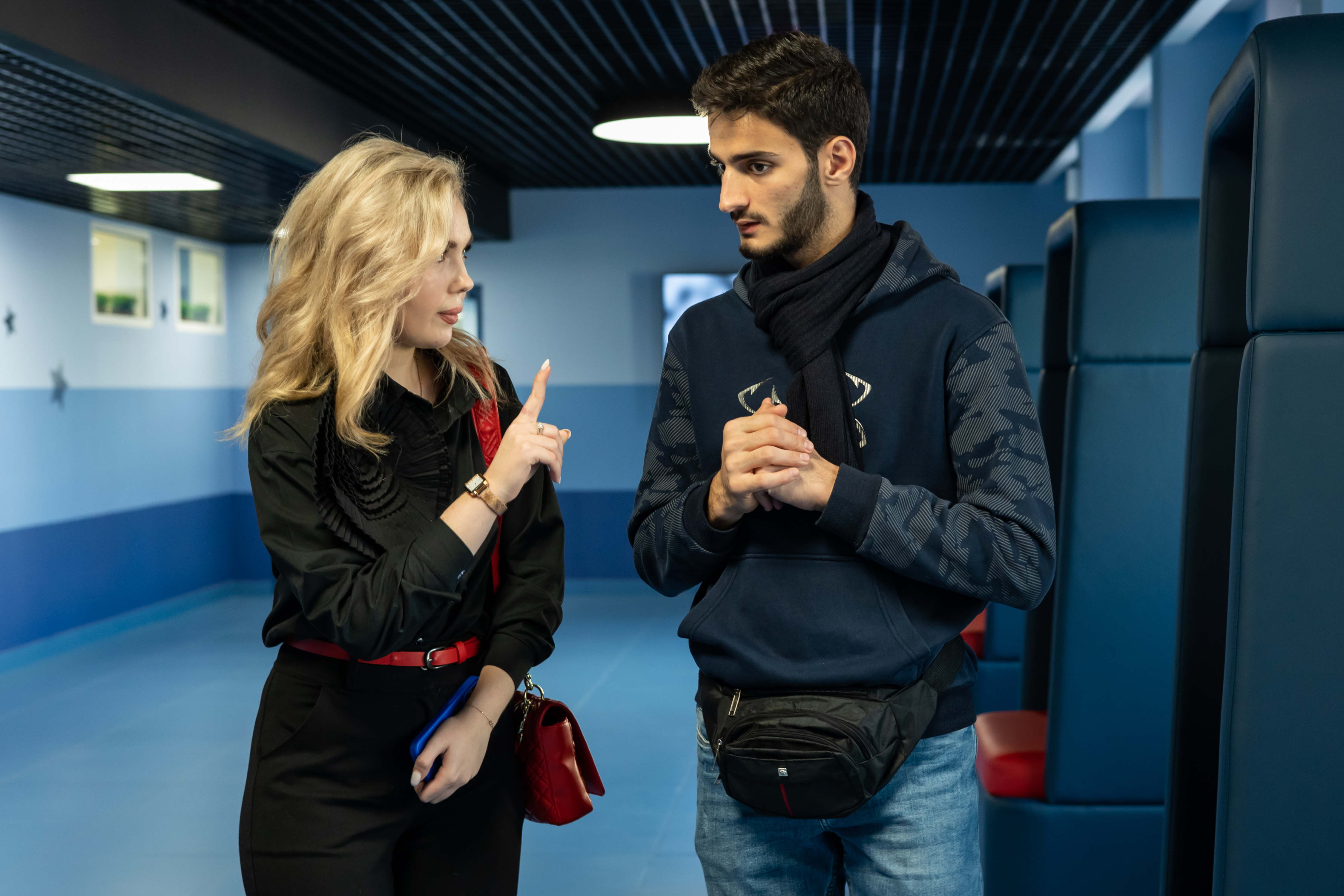
During the event, Illarion Gogiashvili met young Syrian software engineers and robot technicians, as well as Deputy Minister of Education of Syria Mahmoud Bani Marjeh. His duties were interpreting from Russian to Arabic and English.
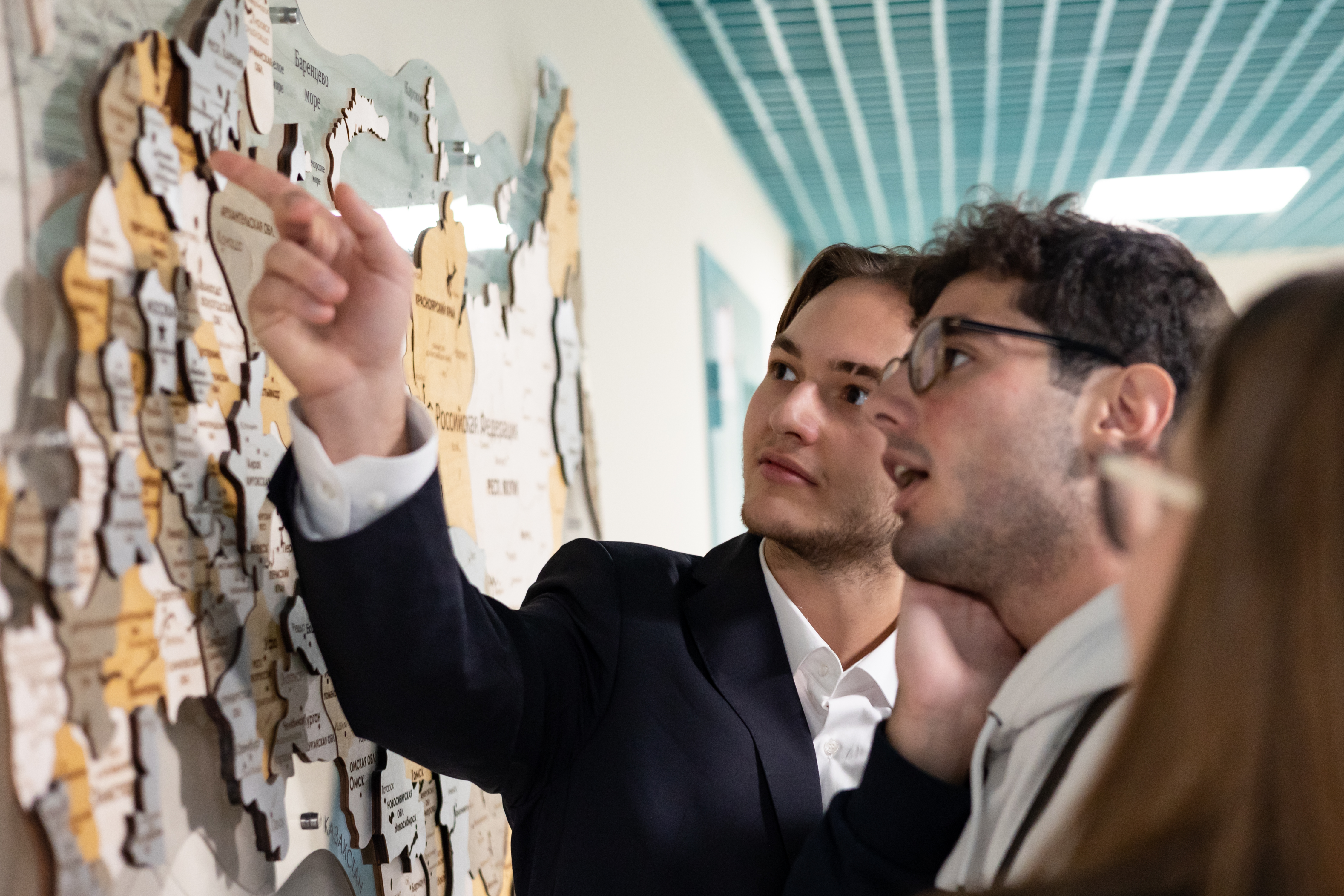
'It was a very useful experience. We managed to speak Arabic with the championship participants in formal and informal environments. I understood them and could keep the conversation going. Thanks to such courses as 'Video Practice' and 'Speaking Practice', my vocabulary was enough to talk to the guests from Syria on a variety of topics—from the Russian education system to simple daily conversations. I benefited so much from the classes with Bilal Aldgem, our professor of the Arabic language, as well as materials about Syrian dialect from the Telegram channel of the Department of Middle Eastern and African Studies,' the student shared.
His colleague Arina Starodubtseva agreed that the participants of the international championship from Syria turned out to be very friendly and sociable and eagerly shared information about education in their country. Despite difficulties understanding the Levantine Arabic dialect, knowledge of literary Arabic allowed her to make conversation.
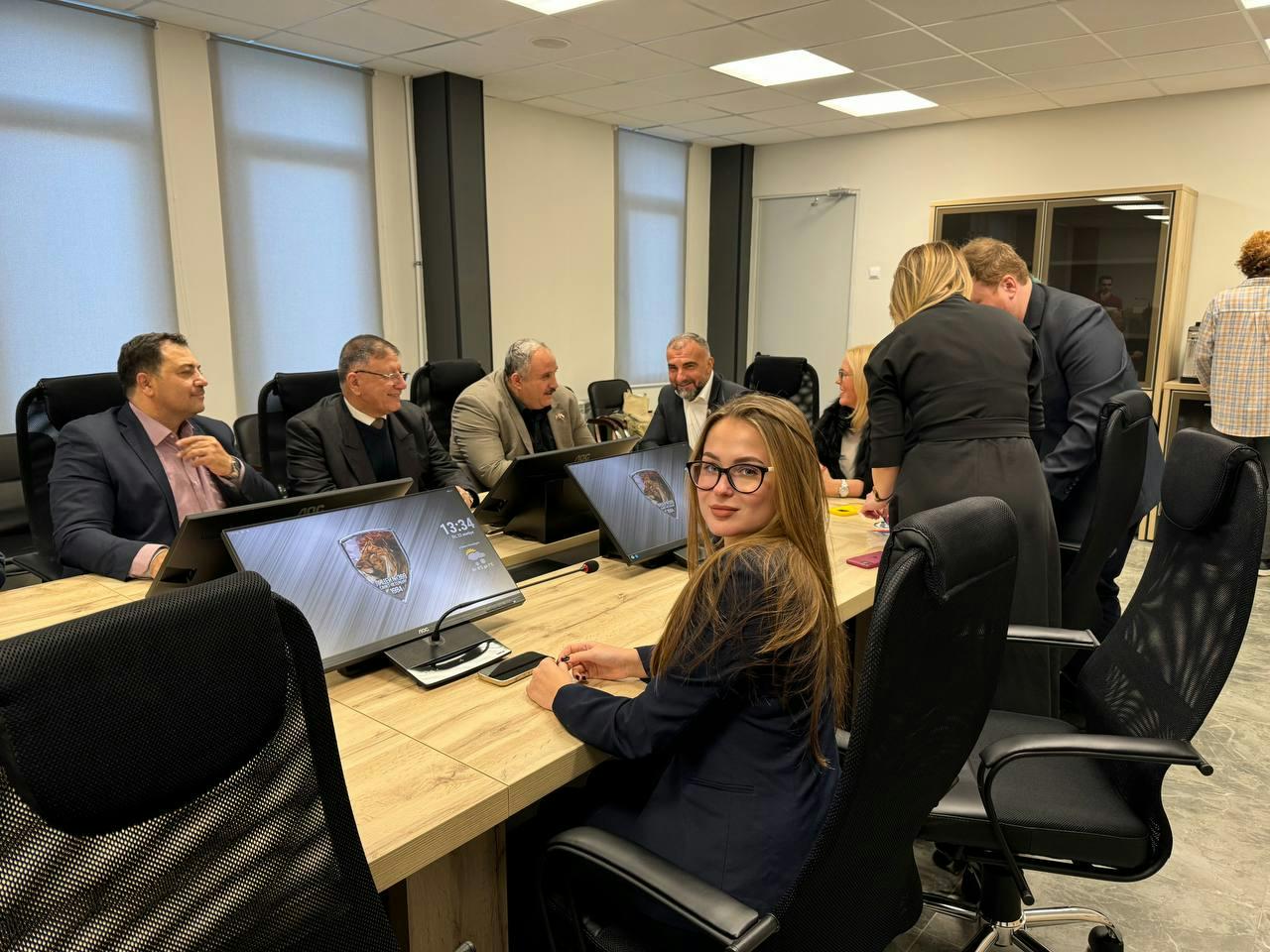
'A basic level of literary Arabic was enough to understand dialect speech and keep the conversation going. The main thing is not to miss an opportunity for such practice,' Arina concluded.

